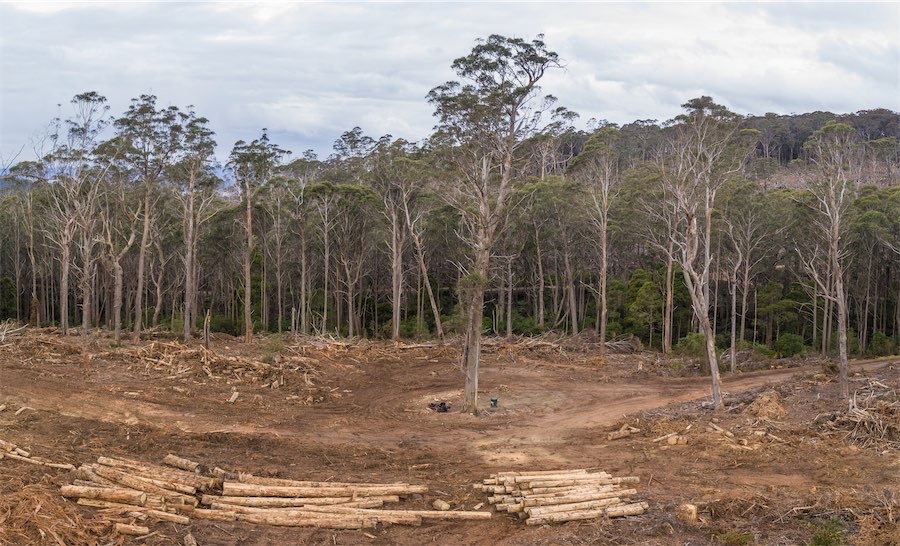
By Marion Rae in Canberra
Misleading consumers and investors has never been an acceptable way to make money and faking green credentials is no different, the corporate watchdog warns.
“You should not be surprised if ASIC comes knocking at your door,” Australian Securities and Investments Commission chair Joe Longo said in Sydney on Thursday.
“We will take action if we think there’s been an unreasonable lack of diligence or a carelessness, particularly among entities that really should know better,” he said.
He said the fundamental objective was to attract “eye-watering” sums of global money going into sustainability and climate-focused investment, which required trust and confidence of investors and consumers.
“One of the issues for ASIC and for our whole society is that it can’t just be about disclosure,” he told the Responsible Investment Association Australasia conference.
“We also need to educate and inform and work in a way that gives people confidence, even if they don’t understand every word of the (product disclosure statement) or the science,” he said.
Caroline Ramscar, vice-president at global investment management firm T. Rowe Price, said fund managers should be telling clients what they’re getting, how they can help solve the world’s challenges and the financial case for doing so.
“What we really want is the trust and confidence for people to be moving assets to sustainable investments,” she said.
Maya Beyhan, environmental, social and governance expert at S&P Dow Jones Indices, said accurate data was a “big challenge” as sustainability metrics were very broad, while emissions data tended to be more robust and analytical.
As consumers become more street smart about exaggerated climate credentials or greenwashing, some companies are opting to stay quiet – known as greenhushing – on environmental impact and carbon emissions so they can’t be accused of falling short.
“It’s the same old story of a lack of transparency and misleading public statements – with a green twist,” Mr Longo said.
“And indeed, omitting material sustainability-related information – that is, greenhushing – can also be misleading and deceptive, depending on the nature and significance of the omission.”
ASIC has been active in enforcing the law in this area under existing powers. So far, 17 infringement notices have been issued, totalling more than $230,000.
The regulator won its first greenwashing civil penalty action, against Vanguard Investments, and has two other civil penalty proceedings under way in the Federal Court.
Further climate-related reporting requirements to take effect in January will start by imposing new obligations on Australia’s biggest entities, as the nation begins to align itself with international standards.
“It’s simply not an option for industry to put off preparations and then scramble to comply,” Mr Longo said.
“Reporting entitles have to be doing the work now – marshalling the data, embedding the capabilities and keeping the necessary records, he warned.
CONDUCT ATTRACTING INTERVENTION:
-
Net-zero statements and targets made without a reasonable basis or that are incorrect
-
The use of terms such as “carbon neutral”, “clean” or “green” not based on reasonable grounds
-
The overstatement or inconsistent application of sustainability-related investment tools to screen investments
-
The use of inaccurate labelling or vague terms in sustainability-related funds.
Who can be trusted?
In a world of spin and confusion, there’s never been a more important time to support independent journalism in Canberra.
If you trust our work online and want to enforce the power of independent voices, I invite you to make a small contribution.
Every dollar of support is invested back into our journalism to help keep citynews.com.au strong and free.
Thank you,
Ian Meikle, editor





Leave a Reply